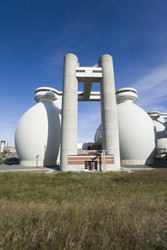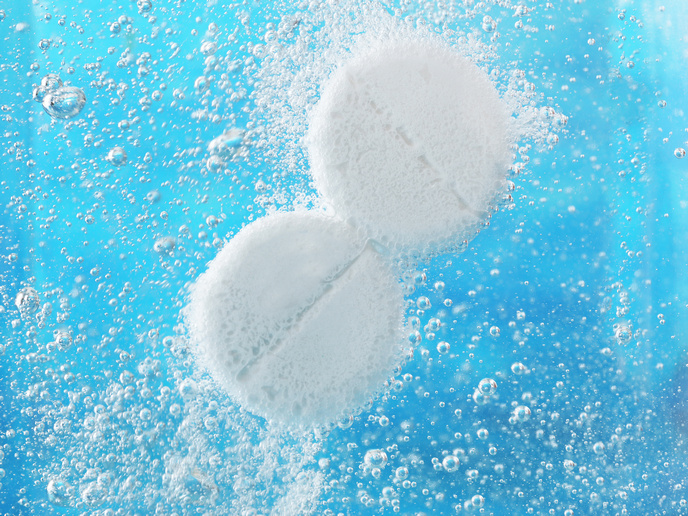New anaerobic digester for farm waste
Waste disposal costs for farms in the EU are steadily rising due to tighter legislation, contributing somewhat to the 7 000 annual farm closures experienced recently. Anaerobic digesters (ADs) offer an attractive way to save on some of these costs, but currently require input of high-energy crop waste. Funded by the EU, the 'Farm and agriculture stabilised thermophilic anaerobic digestion' (SMART TANK)(opens in new window) initiative was established to develop an autonomous thermophilic digester that uses a minimum of 60 % manure or slurry. SMART TANK also aimed to design the digester in such a way that it would pay itself off (through waste disposal savings) in less than six years. The project reviewed the legislation and literature around thermophilic ADs, and studied the effects of various conditions on metabolic rates of the bacteria in these digesters. Sensors and actuators that could be used to monitor and control these conditions were identified. After completing the design specifications, SMART TANK built a mobile prototype in a shipping container, which functioned as expected during testing at several farms. Since then, a permanent prototype has been installed for testing and process optimisation on a farm in Germany. This prototype has already provided researchers with a better understanding of how to control the process of anaerobic digestion more effectively. The lessons learnt will be applied to the design and construction of a final commercial model.







